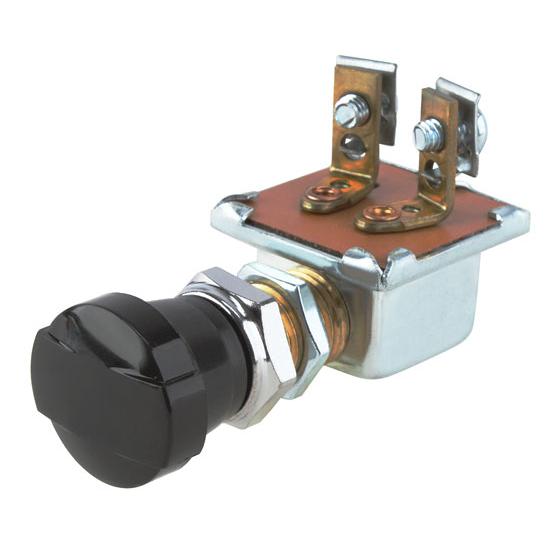

We often discuss VPN kill switches in black and white terms either a VPN has a kill switch, or it doesn’t.

#Kill switch android#
Note that newer versions of Android have a built-in kill switch feature that you can enable in the operating system’s settings. Here’s a breakdown of some of the top VPNs and their support for kill switches on major operating systems: Kill switches are more common on desktop than on mobile. Most quality VPN providers offer kill switches on at least some of their apps. In short, kill switches are a must in scenarios when even a very brief lapse in privacy is not tolerable. If you think your connection is being spied on or monitored.When using Tor browser, to hide your Tor connection from your ISP.On mobile, when connections frequently drop and reconnect.On public wi-fi connections that could be compromised by hackers.Torrenting, to prevent leaking your IP address to peers in a swarm.But here are a few situations when kill switches are particularly handy: We recommend enabling your VPN’s kill switch at all times if you want to maximize privacy. Until the VPN connection is reestablished, no data can be transmitted over the internet, keeping your data, IP address, and location private. If a kill switch is active, it will kick in as soon as the VPN connection is no longer being used. Even a momentary failure can reveal information that VPNs are meant to keep private, including: Without a VPN kill switch, data would continue to flow over a direct, unencrypted connection. Between your device and the VPN server, all incoming and outgoing data is encrypted.įor any number of reasons, your secure connection to the VPN server can be disrupted without you being aware of it. His bill requires that a kill switch be included as the default setting.A VPN kill switch is a feature built into some VPN apps that cuts off your internet if the connection to the VPN server drops.Ī Virtual Private Network or VPN routes all the internet data going to and from your phone or laptop through a server in a location of your choosing. Leno said the voluntary action isn't enough because owners would have to find and activate the software. The industry objects to having confusing state-by-state laws.

#Kill switch software#
Jamie Hastings, vice president for external and state affairs at CTIA-The Wireless Association, said in a statement that the industry has already taken significant steps to protect consumers, including voluntarily including software on phones starting next year that allows users to remotely erase their data and prevent phones from being reactivated.

Leno said state law requires that fines could only be issues for "unlawful, unfair, fraudulent conduct," but agreed to consider adding specific language to the bill that fines could only be imposed if there is malicious intent. "These are good citizens in the business world," said Correa, who represents Anaheim.
#Kill switch install#
Lou Correa voted for the bill, but he and several Republicans argued that those who didn't manufacture the phones or install the software should not be held liable if the phones don't include the required kill switch. Several lawmakers of both political parties expressed concern that fines of $500 to $2,500 for selling phones that don't include kill switches could unfairly penalize retailers. Leno said more amendments will be considered there, including several offered by Apple this week. The bill, SB962, passed the Senate 26-8 and now goes to the Assembly. Alex Padilla noted recent reports that some smartphone owners are endangering themselves by using phones' tracking software to confront thieves and retrieve their phones.


 0 kommentar(er)
0 kommentar(er)
